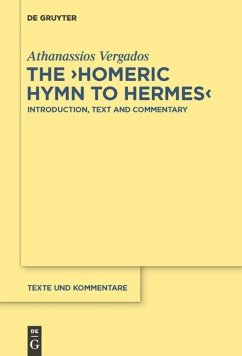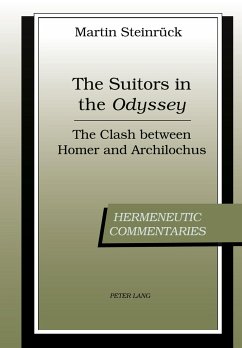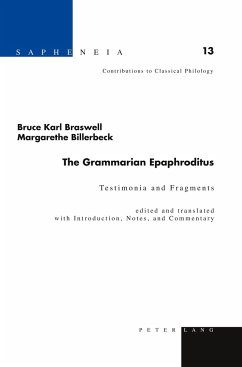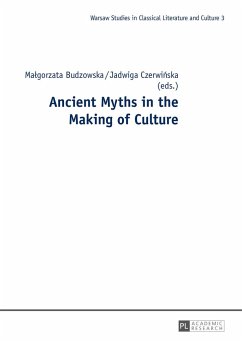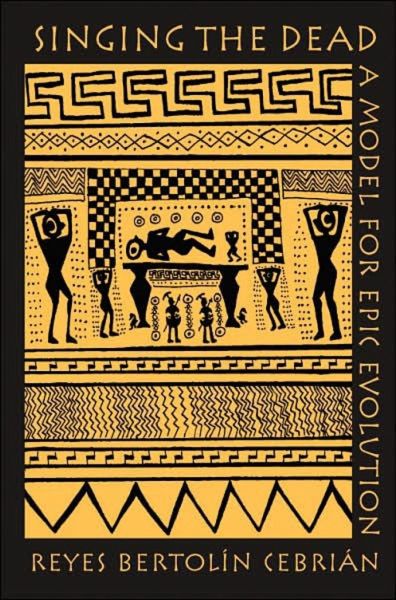
Singing the Dead
A Model for Epic Evolution
Versandkostenfrei!
Versandfertig in 6-10 Tagen
87,30 €
inkl. MwSt.

PAYBACK Punkte
0 °P sammeln!
This book outlines the evolution of Greek heroic epic from funeral laments and creates a model for epic evolution using Greek, other Indo-European, and non-Indo-European materials. Singing the Dead conceives the epic as a post-Mycenean phenomenon associated with the first migrations away from the ancestors' tombs to the Ionian coast. Physical separation from the tombs impelled the development of narration concerning the ancestors and the rite at the tomb was substituted by stories that eventually became epic.




